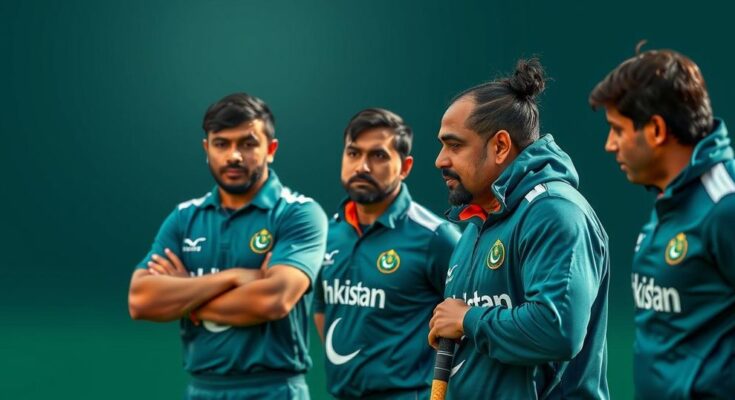Pakistani hockey’s golden era initiated with its first Olympic gold in 1960, followed by significant achievements in the following years. Kenya served as a crucial training partner, offering challenging matches that shaped Pakistan’s gameplay. Avtar Singh Sohal, a notable Kenyan player, highlighted the vibrant hockey community in Kenya during his recent visit, reflecting on the past collaborations and their impact on both nations. However, post-independence challenges have led to a decline in Kenyan hockey. Avtar’s legacy persists as he advocates for the sport’s rejuvenation.
Hockey has long been a significant sport in Pakistan, particularly following the nation’s first Olympic gold medal in 1960. The success continued with two additional Olympic golds (1960, 1968), one silver (1964), and several Asian Games and World Cup medals. Importantly, preparatory series with Kenya provided invaluable training and competitive experience that contributed to Pakistan’s achievements. Matches between the two nations were closely contested, enabling both Pakistan and Kenya to hone their skills and strategies.
Renowned Kenyan hockey player Avtar Singh Sohal, also known as “Tari,” recently recalled this vibrant era of hockey during his visit to Pakistan. He emphasized that in the 1960s, hockey was immensely popular among the Indian-origin community in Kenya, which primarily populated the national team. Clubs in Nairobi and other cities nurtured talent and kept the sport active across the nation.
Avtar reflected on his interactions with Pakistani hockey legends and recounted the electric atmosphere of matches between the two teams. The ties between Kenya and Pakistan not only benefited the Pakistani team in building their Olympic strategies but also aided Kenya in making remarkable progress in international hockey. Notably, Kenya ranked fourth in the 1971 World Cup, marking a historic achievement for an African team.
However, the decline in Kenyan hockey began following independence in 1963. Many Asian players migrated to Britain, leading to the dissolution of various hockey clubs and resultant dwindling talent in the sport. Currently, Kenya’s position in the global hockey landscape has suffered, as evidenced by their world ranking of 75th.
Avtar’s contributions to hockey extended beyond his playing days, as he later coached the Kenyan national team and served as an international umpire. His pivotal role in securing a spot for Kenya at the 1984 Olympics further exemplified his impact on the sport. Avtar’s legacy remains strong, advocating for hockey’s resurgence in Kenya, despite the challenges it faces today.
The history of hockey in Pakistan reflects a rich legacy of success and camaraderie, particularly through international competitions. The 1960s marked the zenith of Pakistan’s achievements in hockey, corresponding with its first Olympic gold medal. During this time, preparations for significant tournaments often involved bilateral series with Kenya. These matches not only fostered sportsmanship but also developed the skills necessary for success on larger platforms like the Olympics and World Cup, showcasing how vital international relationships are in sports.
The historical ties between Pakistan and Kenya in the realm of hockey underline the importance of international collaborations in sports development. Avtar Singh Sohal’s reminiscences illustrate the vibrant hockey culture that once thrived in Kenya, stemming from a diverse community of players. His contributions, both on and off the field, serve as a reminder of the potential for revitalization in Kenyan hockey. It is essential to recognize and promote these connections to inspire a revival of the sport and develop future talent in Kenya.
Original Source: www.dawn.com




